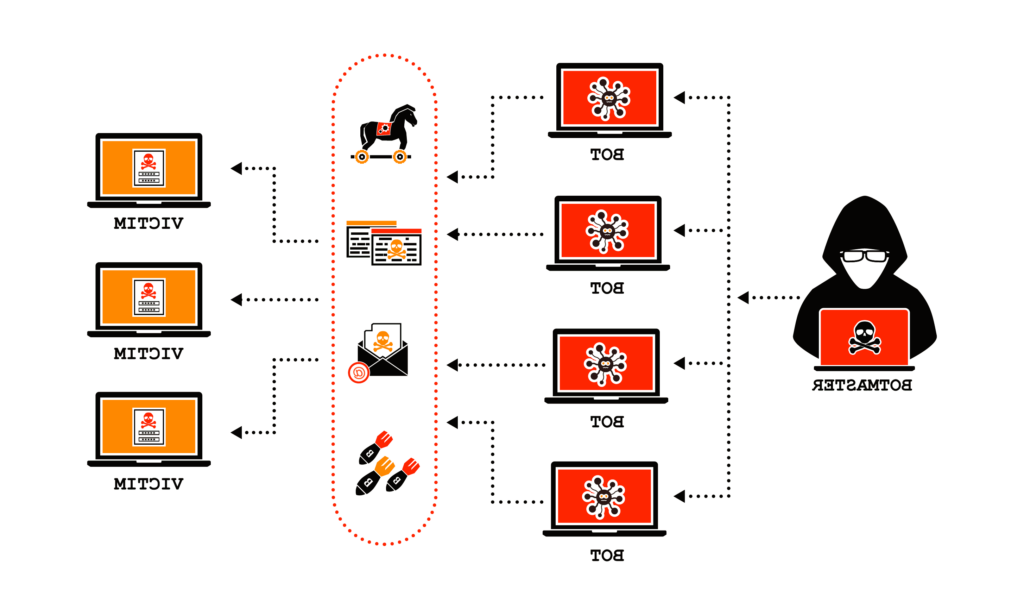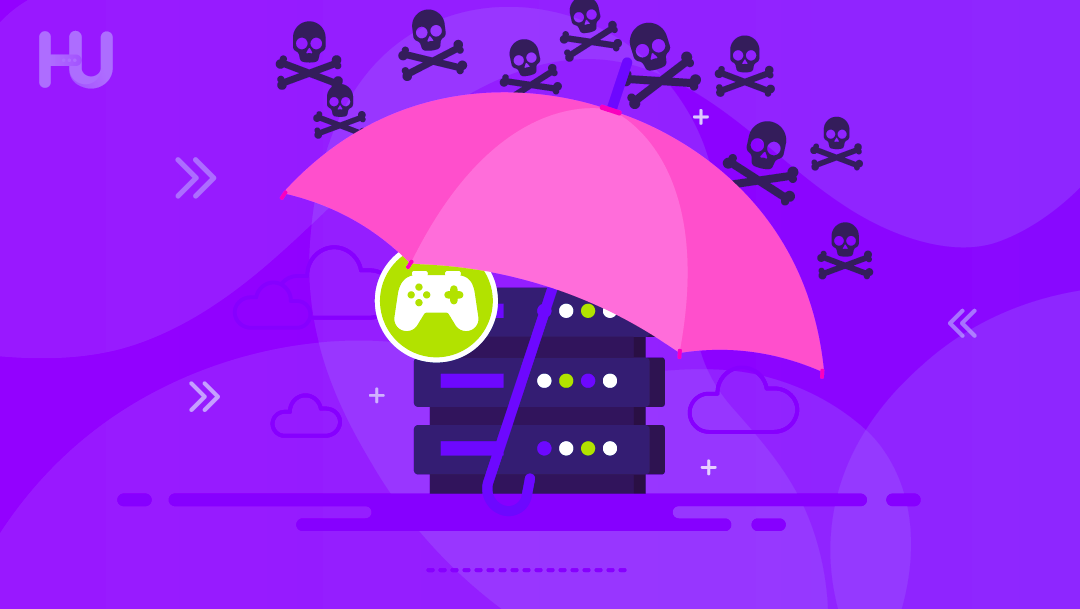In the rapidly growing world of online gaming, server stability and performance are essential for creating a seamless, enjoyable experience for players. Game server hosting plays a key role in ensuring that players can access and enjoy their favorite multiplayer games without interruptions. However, as the industry grows, so do the threats that aim to disrupt it. One of the most significant threats that game server hosts face is Distributed Denial of Service (DDoS) attacks. A DDoS attack can render a game server unavailable for hours, or even days, causing frustration for players and financial losses for the hosting companies. As such, effective DDoS protection is vital for any game server host.
What Is a DDoS Attack?
A DDoS attack is a type of cyberattack where multiple systems, often compromised by malicious actors into a botnet, flood a target server with excessive traffic. The goal is to overwhelm the server’s resources, causing it to crash or become unresponsive. This traffic surge can make the game server unavailable to legitimate players, causing in-game lag, disconnections, and even server downtime.
In the case of gaming, this type of attack can be highly disruptive. Players experience significant lag, frequent disconnections, and in some cases, complete downtime, which leads to frustration and an overall negative experience. As online gaming becomes more competitive and popular, the likelihood of a DDoS attack targeting game servers increases. Whether these attacks are for malicious purposes, extortion, or simple digital vandalism, they present a serious challenge to game server hosts.
Why Is DDoS Protection Crucial for Game Server Hosting?
1. Prevents Downtime
The most obvious reason for DDoS protection is to prevent downtime. A game server that goes offline due to a DDoS attack means that players cannot access the game. This not only affects the enjoyment of players but can lead to significant financial losses for the game server host and the developers behind the game. Game server hosts often rely on consistent uptime to keep their services profitable, and any interruption caused by DDoS attacks can significantly harm their reputation and bottom line.
2. Maintains a Smooth User Experience
Lag and performance issues are some of the most frustrating aspects of online gaming. Even a minor delay in gameplay can ruin the experience. DDoS attacks often cause significant latency problems, where players experience slow response times or are disconnected altogether. Effective DDoS protection ensures that these performance issues are minimized, allowing players to have a smoother, more enjoyable gaming experience. For competitive games, even a second of lag can be the difference between winning and losing, so preventing DDoS attacks is crucial for player retention.
3. Safeguards the Reputation of the Game Server Host
For any game server host, maintaining a positive reputation is crucial for business success. If players frequently encounter server outages or disruptions due to DDoS attacks, it creates frustration and distrust within the gaming community. Players may seek alternative servers that offer better stability and performance, which ultimately results in a loss of customers for the server host. By investing in robust DDoS protection, game server hosts can prevent these interruptions and build trust among their user base, ensuring player loyalty and satisfaction. The top 5 reasons why gamers should choose VPS hosting are discussed in more detail in our article.
4. Financial Impact of DDoS Attacks
The financial costs of a DDoS attack can be significant. Server downtime can lead to lost revenue, especially for game server hosts who charge players for access or premium features. The cost of recovering from a DDoS attack is also considerable, as it may involve technical repairs, legal fees, and the deployment of additional security measures. Furthermore, if a server host is extorted for money to prevent an attack, the financial impact can be devastating. Investing in DDoS protection is a proactive way to avoid these financial risks and ensure that the business remains profitable.
Common Methods of DDoS Protection

There are various methods to protect game servers from DDoS attacks, ranging from simple measures to more sophisticated solutions. Server hosts can implement several strategies to ensure that their infrastructure is prepared for the potential threat of a DDoS attack.
1. Traffic Filtering and Monitoring
One of the most effective methods of mitigating DDoS attacks is traffic filtering. By monitoring incoming traffic to the game server, hosts can filter out malicious or excessive requests before they reach the server itself. Advanced filtering tools can detect traffic patterns typical of a DDoS attack and block it before it overwhelms the server. For example, a sudden spike in traffic from a single IP address or a series of requests coming from an unusual geographic location can signal a DDoS attempt.
2. Rate Limiting
Rate limiting involves controlling the number of requests a server will accept from a specific IP address within a given time frame. If a particular IP address exceeds this threshold, it can be temporarily blocked. This helps prevent a single compromised system or a small botnet from overwhelming the server. Rate limiting is particularly useful for handling low to medium-level DDoS attacks, where attackers use a small number of compromised devices to flood the server with traffic.
3. Cloud-based DDoS Protection Services
Cloud-based DDoS protection services, such as Cloudflare or Akamai, are widely used by game server hosts to mitigate large-scale DDoS attacks. These services offer highly advanced DDoS mitigation capabilities by routing traffic through their global networks, which can handle massive traffic loads. By diverting incoming traffic through their systems, these services filter out malicious requests before they reach the game server. This method is highly effective for protecting against high-volume attacks that would otherwise overwhelm a server’s infrastructure.
4. Dedicated DDoS Protection Hardware
For game server hosts that wish to add an extra layer of protection, dedicated DDoS protection appliances can be installed on-premises. These hardware devices are specifically designed to monitor and filter incoming traffic, blocking malicious packets before they can reach the server. These devices offer a high level of protection and can be especially useful for servers that face high-risk attacks or have sensitive data.
DDoS protection is no longer a luxury; it is a necessity for game server hosts who want to maintain a reliable and secure service. With the increasing frequency and scale of DDoS attacks targeting the online gaming community, it is essential for server hosts to invest in comprehensive DDoS mitigation strategies. Whether through traffic filtering, rate limiting, cloud-based protection, or dedicated hardware, DDoS protection ensures that game servers remain online, secure, and performant. By preventing disruptions, safeguarding user experience, and protecting financial interests, game server hosts can ensure their long-term success in the competitive world of online gaming.
For more information on the types of attacks that can threaten online infrastructure, you can visit the Wikipedia article on DDoS.

